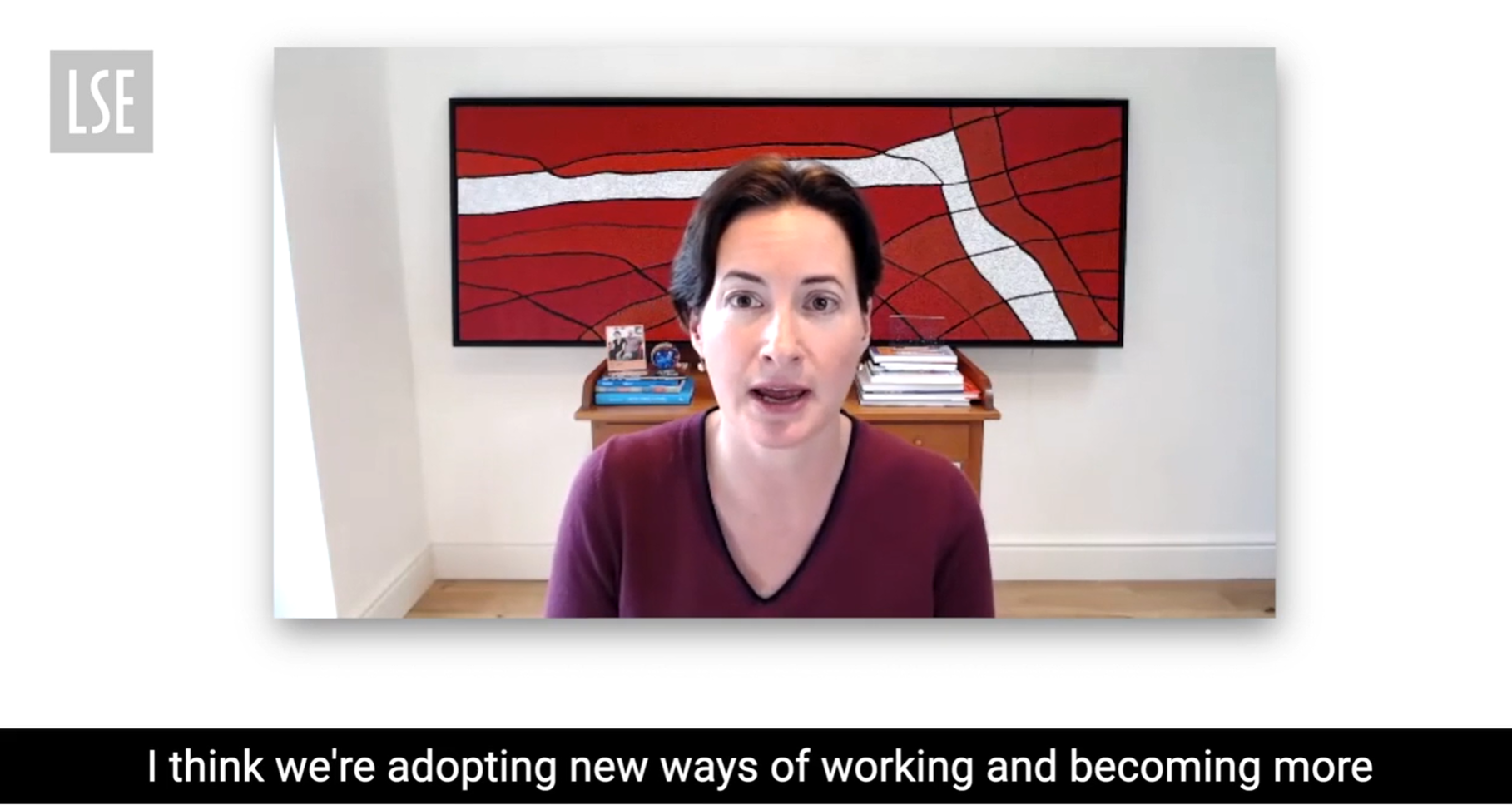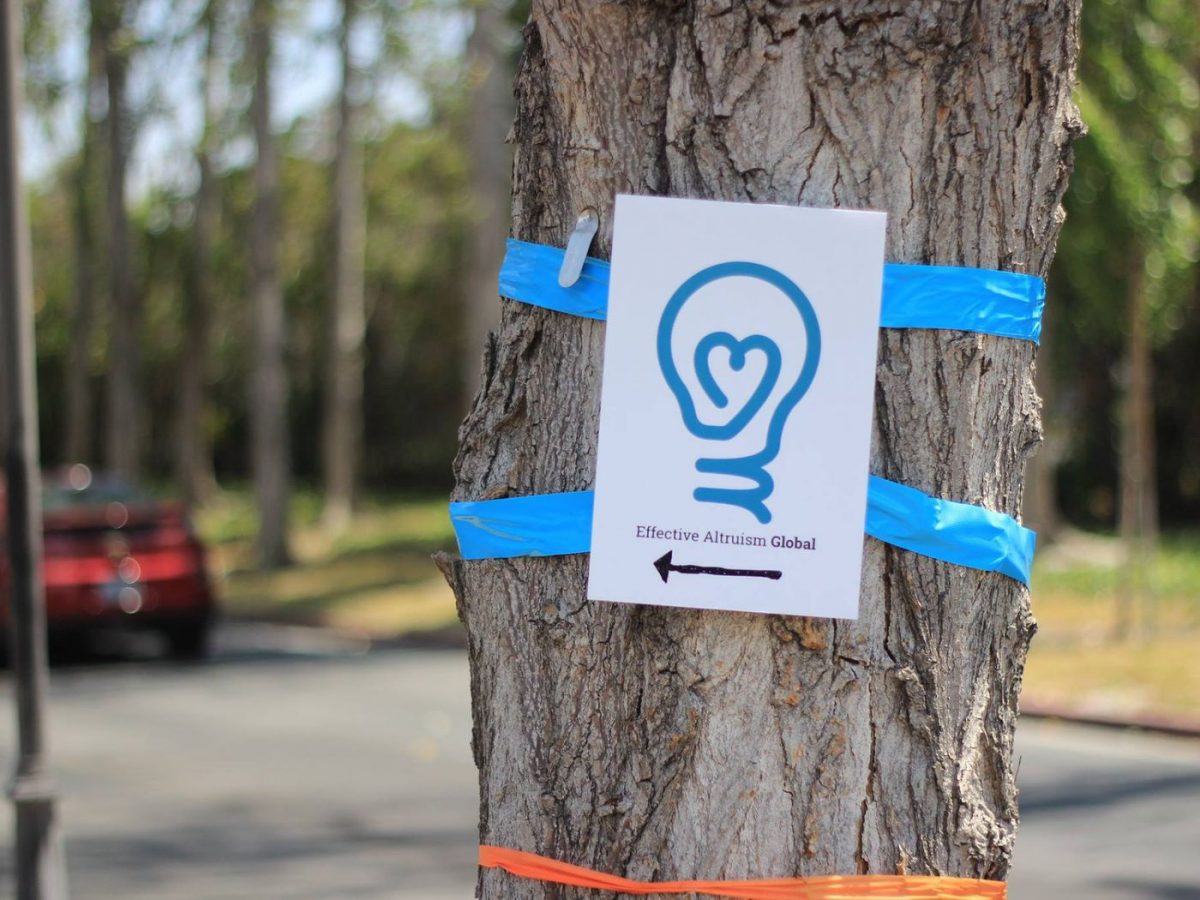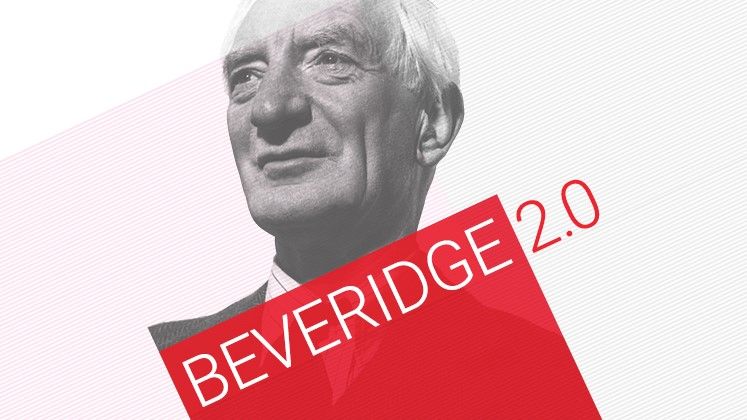 In this blog, the Marshall Institute’s Head of External Relations Shanzeh Mahmood discusses three ways private philanthropy can support systems change.
In this blog, the Marshall Institute’s Head of External Relations Shanzeh Mahmood discusses three ways private philanthropy can support systems change.
Private capital holders looking to invest in philanthropic initiatives in foreign countries face critical questions beyond traditional risk-and-reward investment calculations, such as: will this investment make it to the right partners to catalyse social change? Will it get to the heart of the underlying problem? And how can I trust the recipients we fund, when separated by geography, culture, and language?
Coming from the world of philanthropic grantmaking in my previous roles and working on partnership building at the Marshall Institute, I have found that private family foundations are riddled with these questions. At the same time they are also facing critical questions around governance, credibility and accountability: how can principals of family foundations make decisions about resource allocation for communities they are far removed from? How can power be shared between capital holders and fund recipients?
The idea that philanthropy is either impactful, or problematic is less relevant than the understanding that philanthropy can be both impactful, and problematic. I explore these tensions as part of the Ownership Project’s recent whitepaper on the Future of Family Offices and Family Philanthropy where I argue for a both/and approach.
Here are encouraging ways of how the philanthropic community and private foundations can lean into this:
1. Reflect on power and influence by learning from changemaker communities
Philanthropists are embarking on learning journeys to understand the power dynamics they’re enmeshed in, and how to engage more meaningfully in their approach to social giving. By taking opportunities to learn directly from these changemaker communities and local leaders, family philanthropy can begin to build trusting relationships and begin to challenge the inherent extreme inequity of this power. The Maverick Collective, a community of women philanthropists making collective and catalytic investments in health and gender equity, lead such learning journeys. The Marshall Institute has contributed to the Maverick Collective’s learning journey through in-person workshops with philanthropists on social impact financing and giving through a social justice lens.
2. Revise governance structures to accommodate principles of power sharing
Conversations are emerging amongst private family foundation leadership around governance in grantmaking and what are called ‘participatory approaches.’ Community and justice-based funding models using participatory approaches centre principles of self-determination, recognising that communities are the experts of their own needs, and centre marginalised voices into collaborative decision-making around resource allocation and project design. Mama Cash and the Equality Fund are great examples of foundations rooted in feminist justice that have designed their governance and decision-making structures around communities. They are walking the talk and there’s a lot we can learn from them and other participatory models.
3. Adopt an ecosystem approach to financing and thematic integration
If private family-based philanthropic capital acts alone to only fund innovative activity-based work, it will only scratch the surface of key social and environmental issues. But in conjunction with other forms of public and private capital, such as development finance institutions, governments, banks and pension funds, family philanthropic investment can be catalytic in crowding-in larger pools of capital to address root causes of complex problems. Systems-based approaches are hard particularly for private family-run foundations that may be more used to going at it alone. It requires collaboration with other stakeholders, and potentially taking on more risk to bring those stakeholders to the table. The Kataly Foundation is exemplifying this through their integrative financing approach combining grants with other forms of financial support (e.g., loans, loan guarantees and lines of credit) to go deeper in addressing the political, cultural, and economic dimensions of their issue areas.
Private philanthropy isn’t going anywhere, in fact it’s on the rise. A shift in the ways of working among private family philanthropists, their advisors, and foundation teams is required if they want their investments to be truly catalytic in unlocking a broader spectrum of capital needed for systems change and addressing issues of power, equity, and justice.





